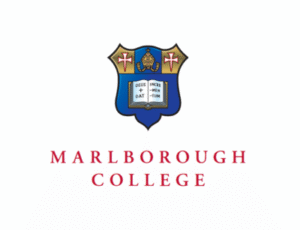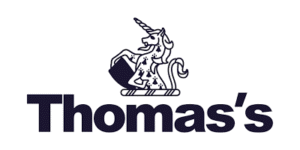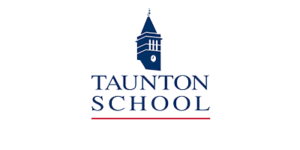Background
In 2012, the College set Litmus two challenges: to negotiate a contract extension with the incumbent contractor with a performance management model that promoted continuous improvement; and to re-design the aging kitchen spaces to enable the contractor to deliver best-in-class catering services. The contract scope was wide and complex, encompassing year-round catering, cleaning, laundry and logistical services for both students and vacation Lets visitors.
Brief
The new contract agreement had to be fully transparent and provide the basis for a long-term mutually beneficial agreement. Capital investment was sought from the contractor to support the re-design of the catering facilities, both at the College and its prep school, Eagle House. Establishing measurable performance criteria for the contract was important to ensure that the relationship continued to deliver high standards of service at best value in a sustainable way. The new College kitchen itself had to occupy the same footprint and eradicate ageing services infrastructure and high energy costs resulting from legacy designs and equipment. Temporary kitchen facilities were essential for maintaining a first-class service to its community and external customers whilst the work was undertaken over six months.
Approach
We started by re-drafting specifications for each of the services delivered by the contractor. This established the College’s key objectives, the scope and the standard of services to be delivered. The performance criteria was based on measuring outcomes rather than activity, ensuring that all parties could track progress over time. The Litmus Consumer Insight programme formed a key part of the contract, whereby pupils and staff participated in regular focus groups and an online survey which identified what matters most to the community and their satisfaction levels.
With the design brief and conceptual layouts for the kitchen agreed through consultation with the catering team, we created the detailed equipment layouts, service drawings and equipment specifications. It emerged that there were electrical supply limitations, so we needed to provide a scheme that included a mix of gas and electric-powered cooking appliances, which minimised energy consumption to stay on-brief. We then worked closely with the project management team to specify and procure the hired temporary kitchen facilities and evaluate bids from the equipment supplier and then supported throughout the construction period.
Outcomes
The services contract was successfully negotiated, and investment secured. The final kitchen scheme reduced energy costs through introducing equipment that required less water, gas and electricity and used modern cooking modes. The kitchen design also increased productivity through modern storage solutions and effective workflows. Litmus was then commissioned to re-design the catering spaces at Eagle House, which have also transformed the catering staff and pupil dining experience.
The contract scope has evolved over the past decade and performance improved, with Litmus continuing to monitor both financial and operational delivery. Key Performance Indicators now include annual Contract Development Plan commitments, which capture the joint objectives for the services over each new year of the contract, ensuring the contract doesn’t stand still. Litmus produces a monthly interactive dashboard report for the College, which verifies that the cost-plus charges are correct, with any errors or variances tracked through a Query Log. We also conduct an annual operational review of all services at both schools. The Consumer Insight survey has demonstrated year-on-year improvement in pupil and staff satisfaction.







